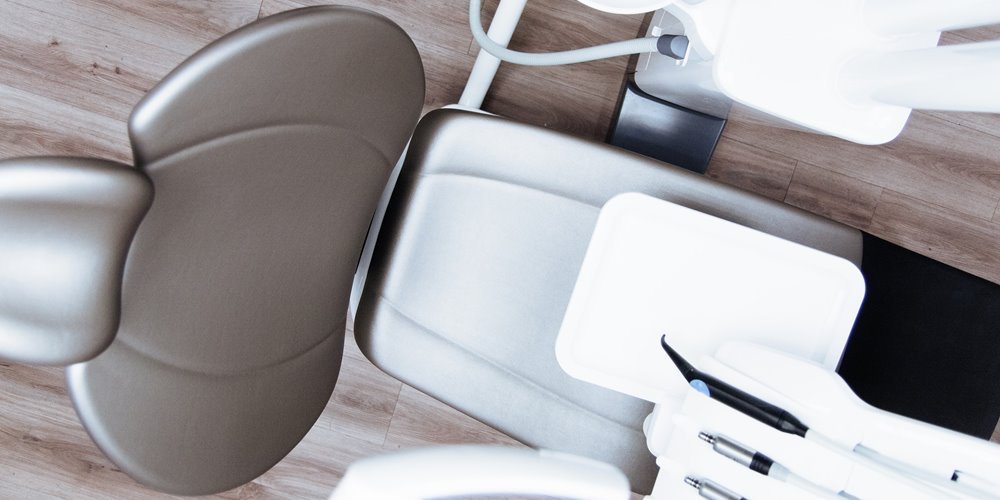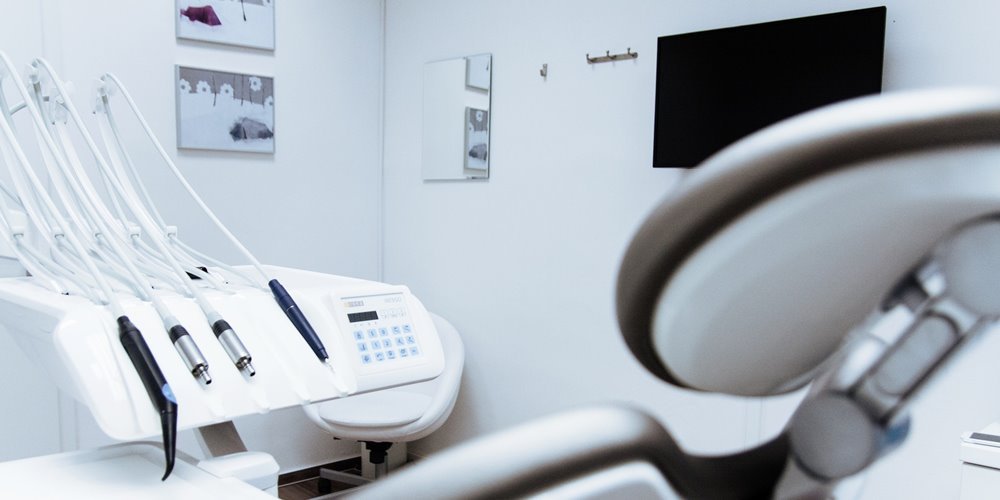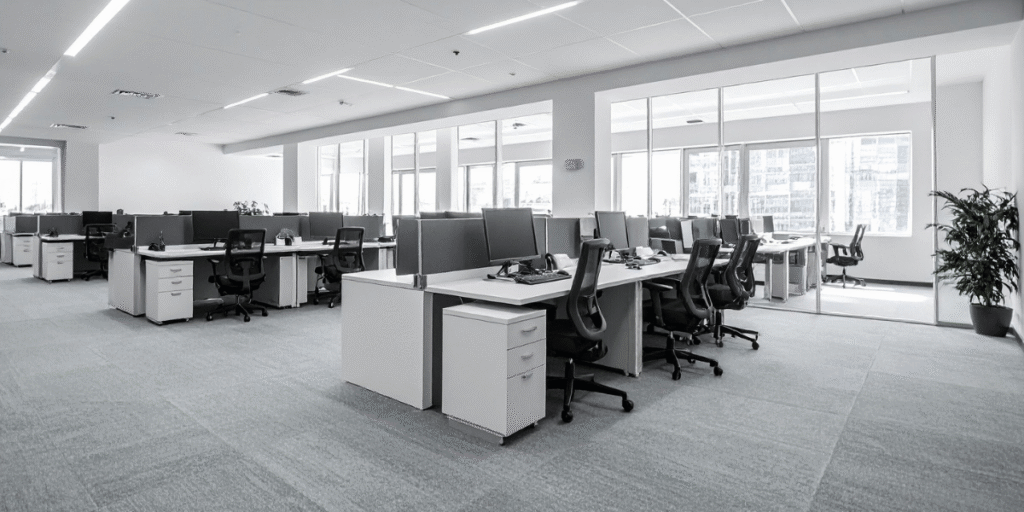When to Start Planning Your Next Dental Lease Renewal

A dental lease is an important aspect of your medical practice. It gives you a large portion of liabilities and “locks” you into your location. This can’t be understated since we know the cost of moving and/or rebuilding an office is very expensive.
A good dental lease, gives you the opportunity to comfortably accommodate your patients and access the others living in that neighborhood. All of these factors dictate how much you can grow your practice and scale-up.
If you’ve managed to operate successfully at your location, and are happy with the rental space, it makes sense to want to renew at some point in your career – here’s where certain aspects of a lease come to light.
As we indicated in the talk about negotiating a lease, bear in mind that these are decisions you should make well in advance, and grant yourself enough time to research and leverage your lease.
Understanding the clauses of your dental lease
If you already have an existing lease, having a broker read through it can be extremely beneficial. There is a chance you miss out on new improvements and help protect yourself and your practice.
Remember!
Dental lease agreements are firstly a negotiation. Tenants often believe that their dental lease agreements are a “take it or leave it” situation, but that’s not necessarily true. If you’re a good tenant, there is always room for negotiation in dental lease renewal agreements. In most situations, it’s in the landlord’s best interest to keep you committed to their property, and save them time and the cost of finding a new tenant. Especially when space is built out for a dentist, finding a new tenant can take months to years.

When is the best time to Start Planning Your Lease Renewal?
To start planning your dental lease renewal, a good guideline is 18 – 24 months before the end of your first lease. Most leases are five to ten years, so it can be easy to lose track of their expiration.
If your current landlord doesn’t provide you with favorable enough time to reconsider and provide the necessary terms to make a dental lease renewal a good idea, you’ll need even more time to make alternate plans. If you do decide to move your practice, you may need to secure a new rental space, but all of these projects take time. Being stuck to renew within a couple of months gives the landlord all the leverage as it sometimes takes months to make improvements to a new space.
You may also want to look further than just your own rental space in that particular location. If there are adjacent rental spaces in the surrounding area, you might consider adding a clause to allow you the first option to lease those spaces if they become vacant.
The First Right of Purchase is very important as well. It gives you the option to buy the building you practice in before anyone else. Controlling your own destiny is much better than having someone buying your building and forcing you out through higher rents and pass-throughs. This could be detrimental to your business.
Another thing that needs consideration is the possibility of selling the practice within the time frame of your next lease (if you’re late in your career). A dental lease may be set for ten or fifteen years. If you don’t have an assignment clause you may be on the hook for the rest of the lease and bearing all the responsibilities.
Clauses You Should Consider When opting for Dental Lease Renewal
You need to consider the terms that will make the dental lease renewal agreement most beneficial for you, and be aware that your landlord can change the terms for renewal if he believes your practice is very successful; the most common activities on these terms is rent increment because he knows that a successful practice won’t want to move.
A way to prepare yourself for the next dental lease renewal is by talking to other tenants who have already renewed their leases. In every landlord, interest is to keep good tenants that pay on time and keep up the property. Here are some clauses you should carefully consider when considering a contract renewal.
The Right of First Refusal Clauses
The clause of First Refusal means that the landlord can’t sell the building to another party without first offering the tenant the option (and right) to purchase it. This clause can be an excellent way if you intend to stay in the location long-term.
The Exclusivity Clauses
For your dental practice, and actually, for any business, an exclusivity clause can help protect your business from the competition. This clause in the contract states that the building owner can’t rent dental space to other dentists (in that location). We understand some buildings are only dental, but in the chance your building isn’t, it’s worth looking into.
The Death and Disability Clause
If you lead a solo practice, you might want to reconsider adding a death and disability clause, so that if something were to happen and prevent you from continuing to work, your family is not liable for rent through the time of the lease.
Do You Need a Partner To Help You Plan Your Dental Lease Renewal?
If you’re currently considering your dental lease renewal, it’s important to consult with an expert in dental real estate.
At IPG Group, our team of dental agents has a well-rounded experience in helping clients just like yourself, to negotiate the best dental lease agreements and help your practice thrive.
Contact IPG to discuss your dental lease renewal, and fill you in with more information about dental leasing clauses or any other scenarios that can negatively impact your commercial dental lease.




